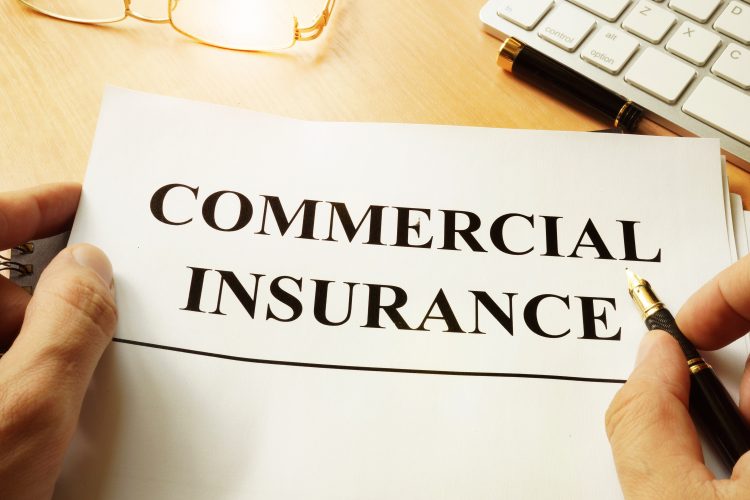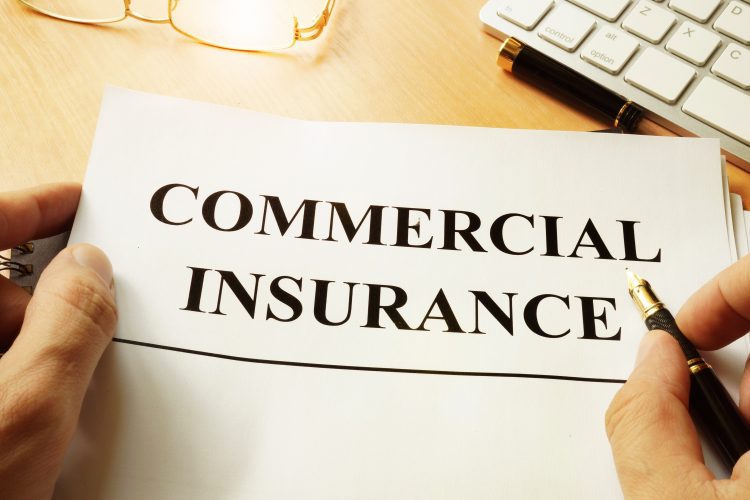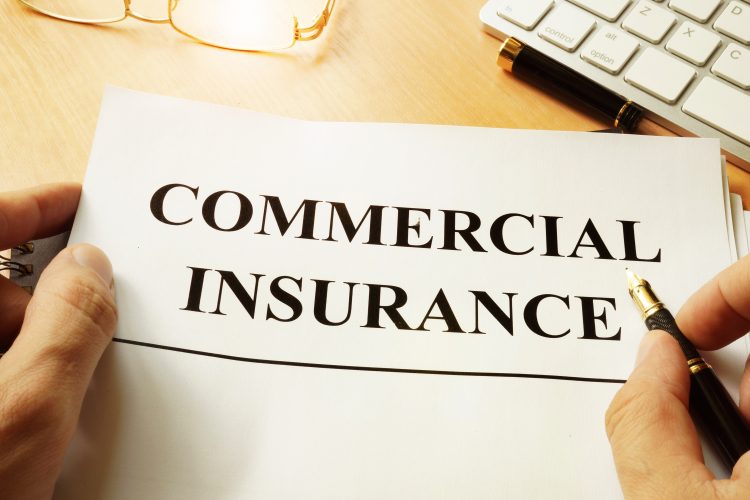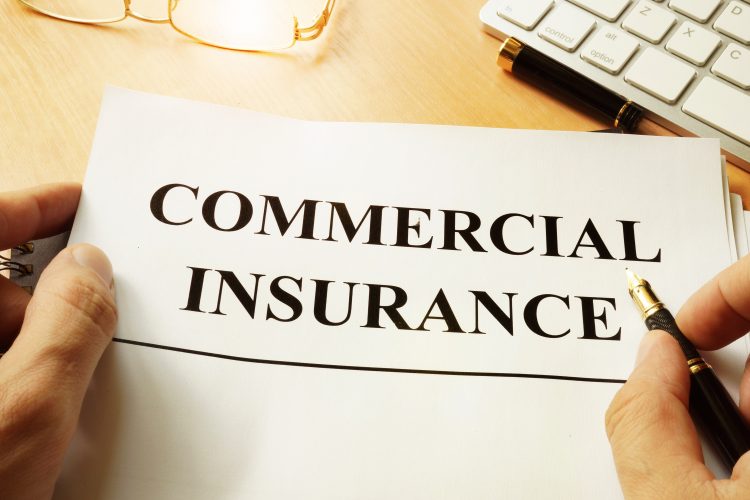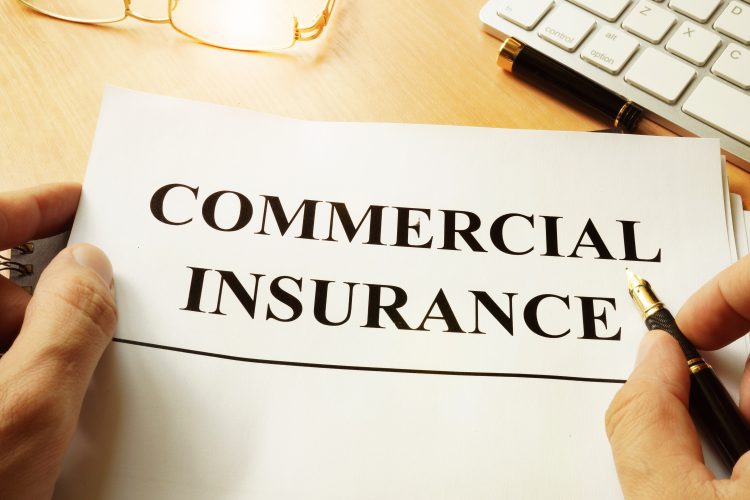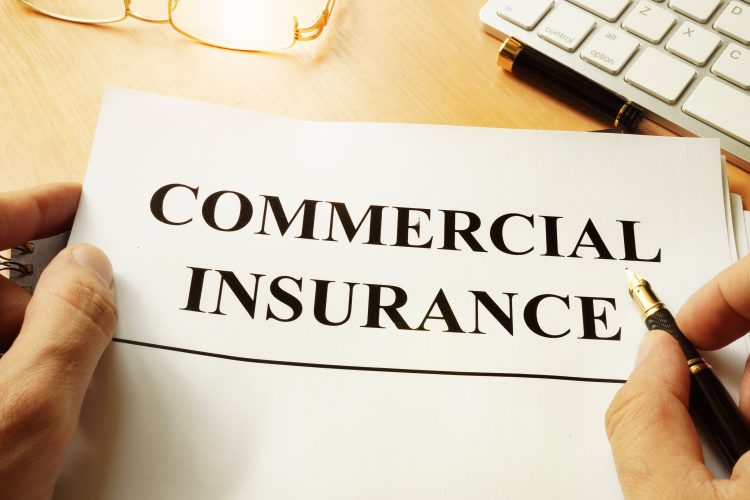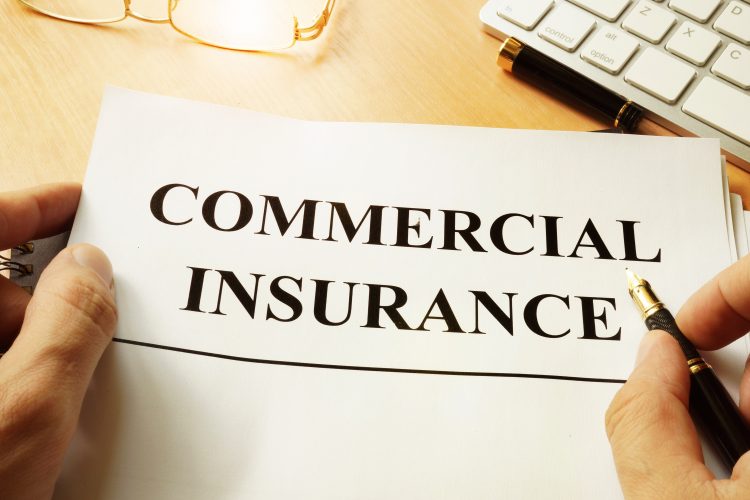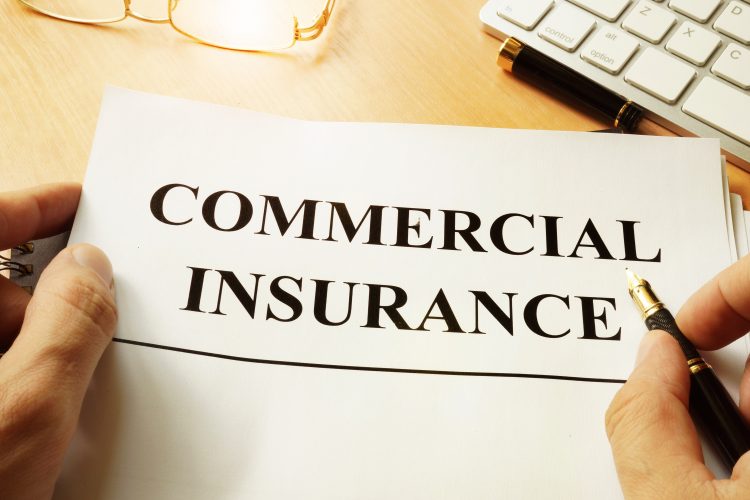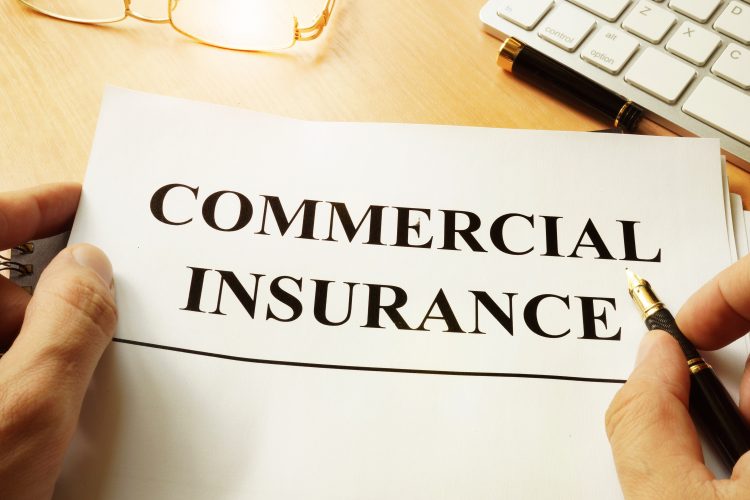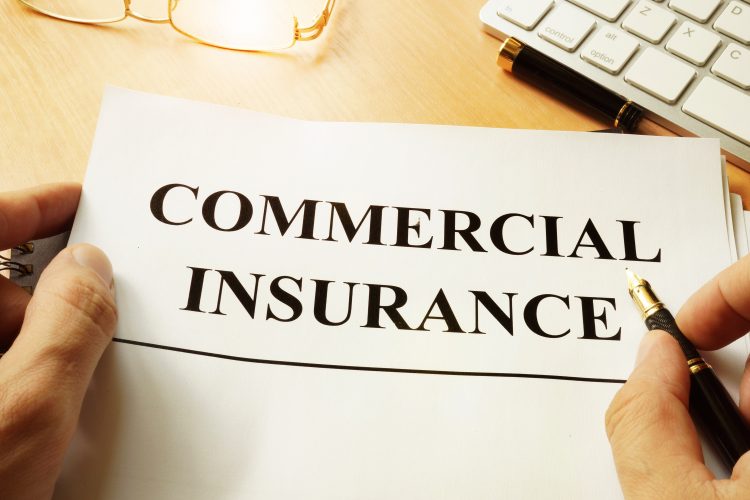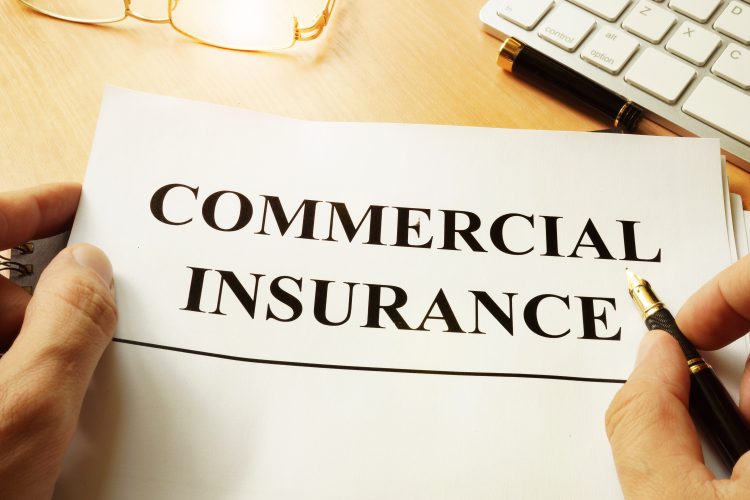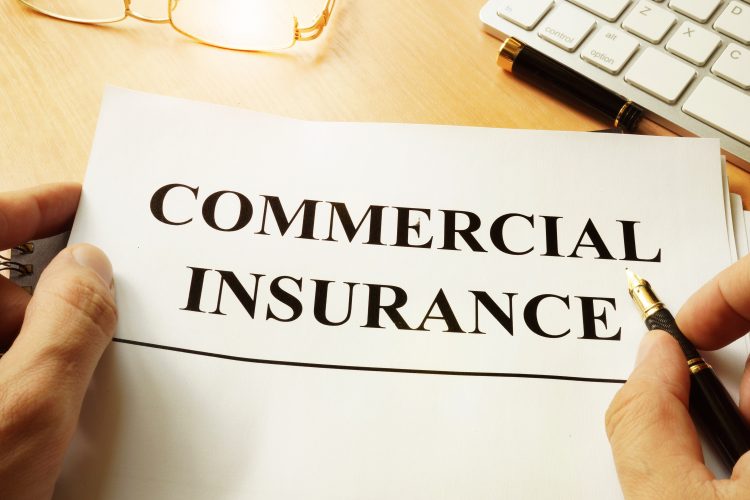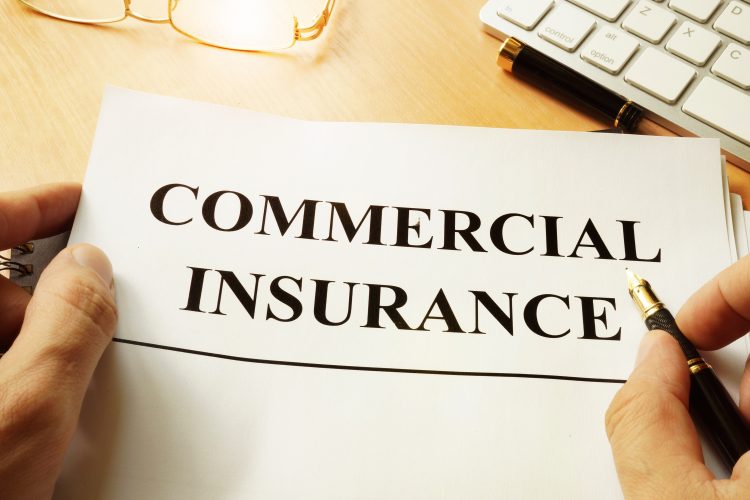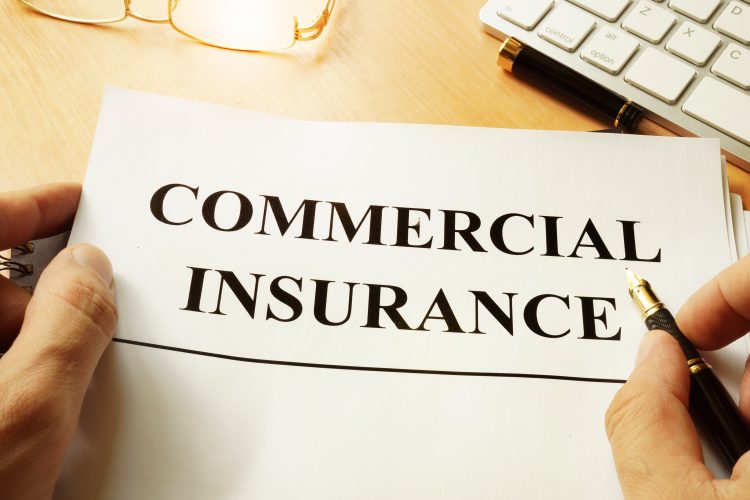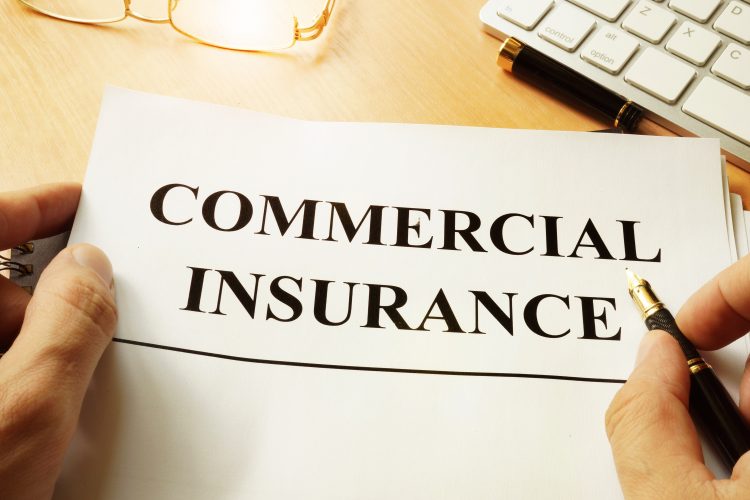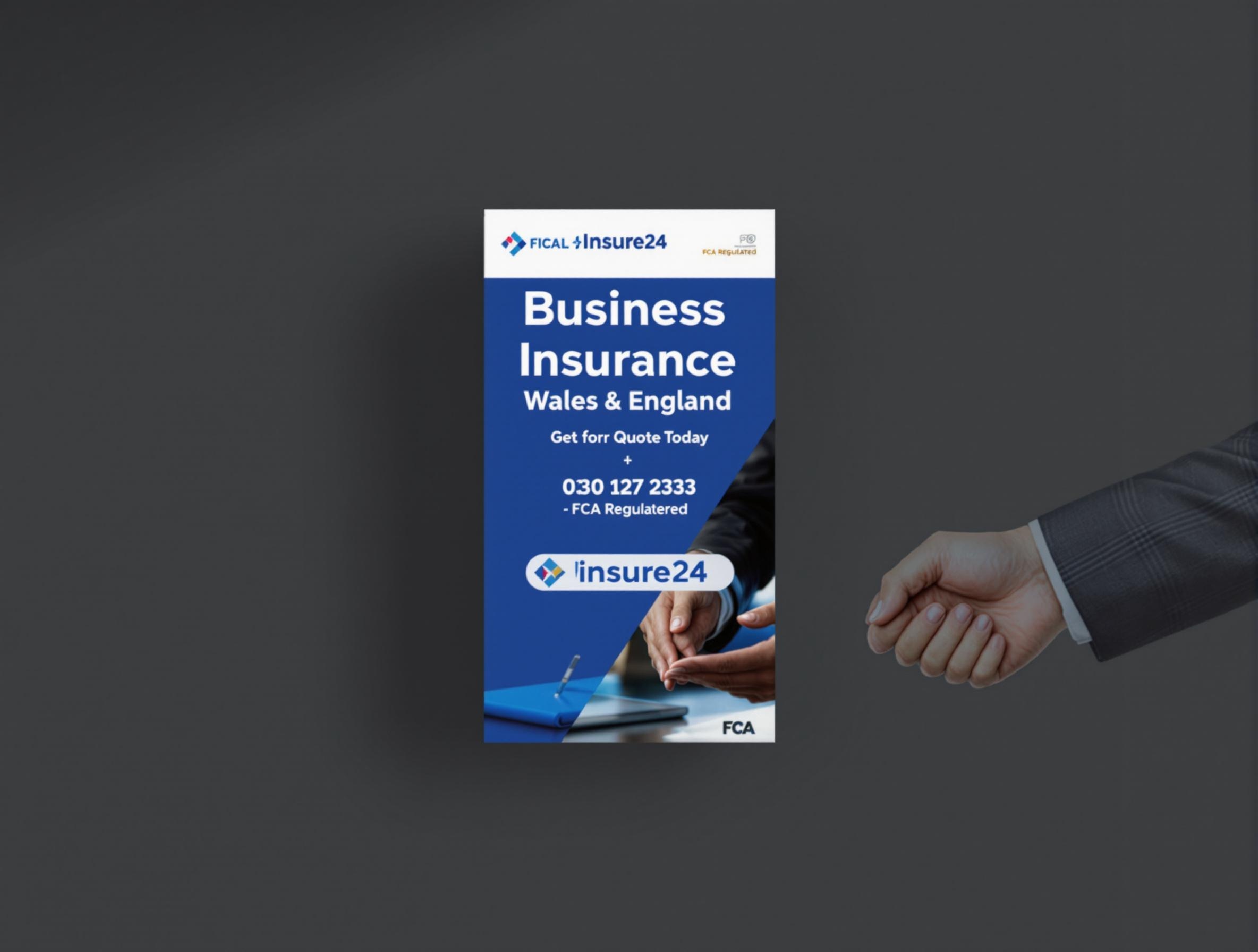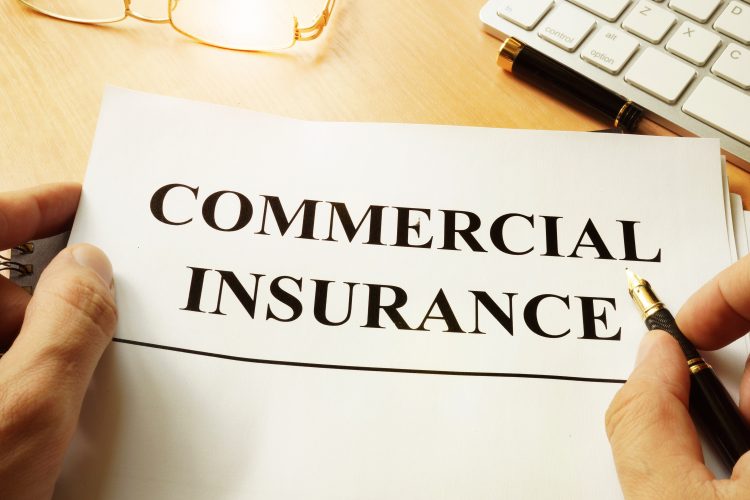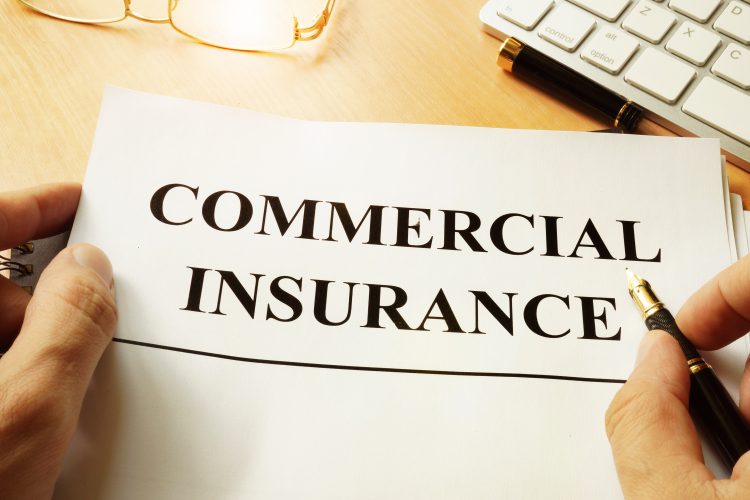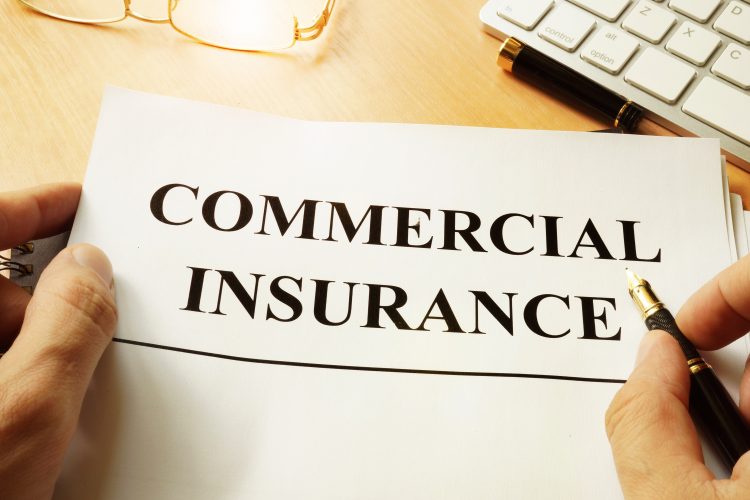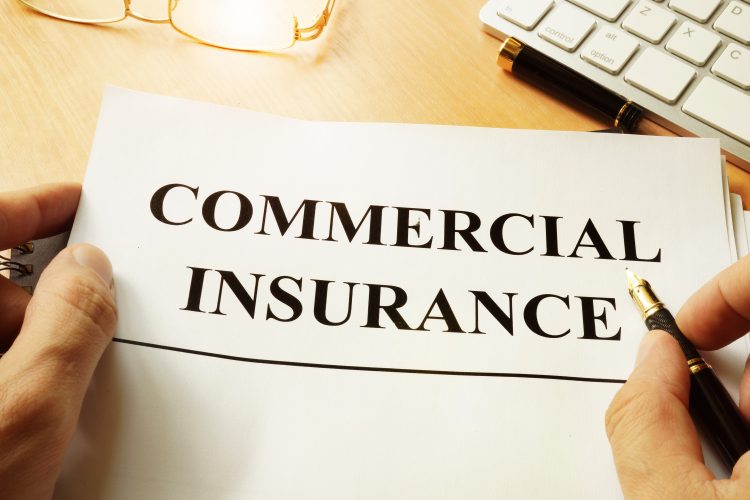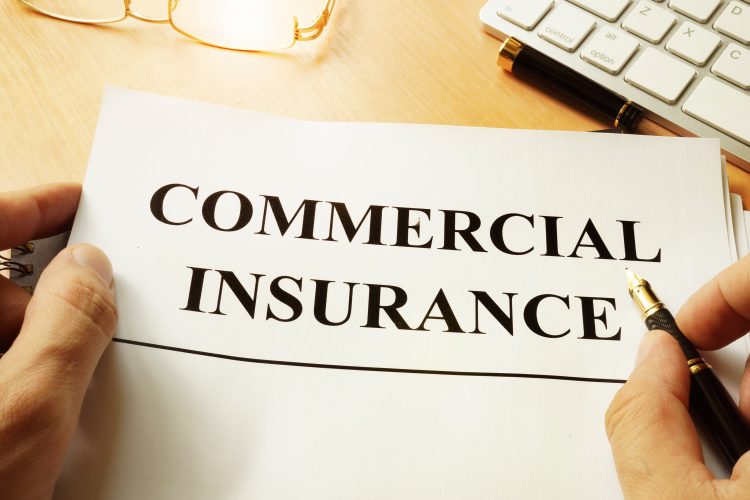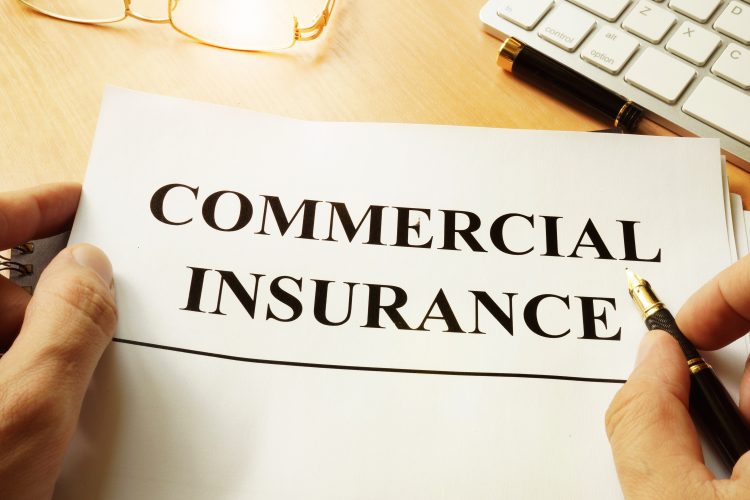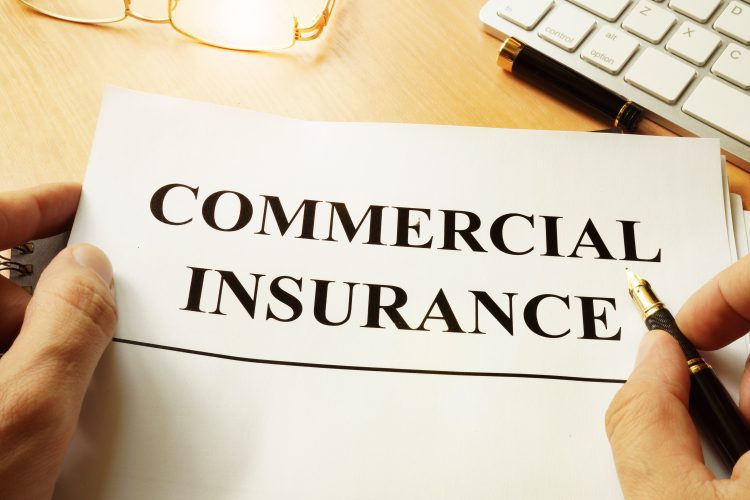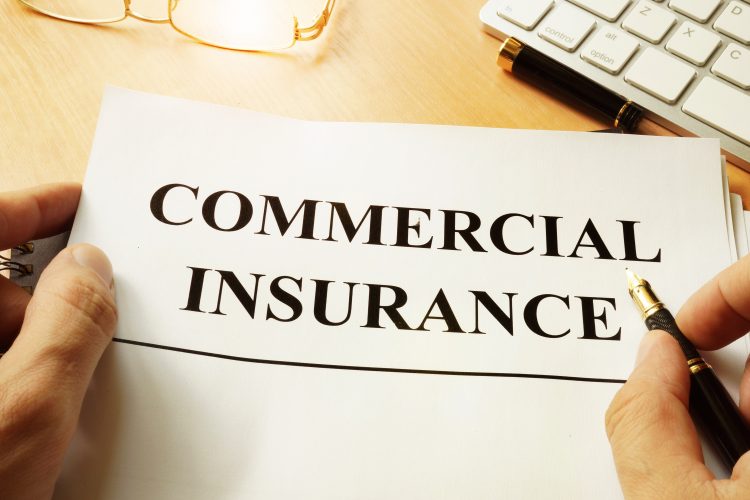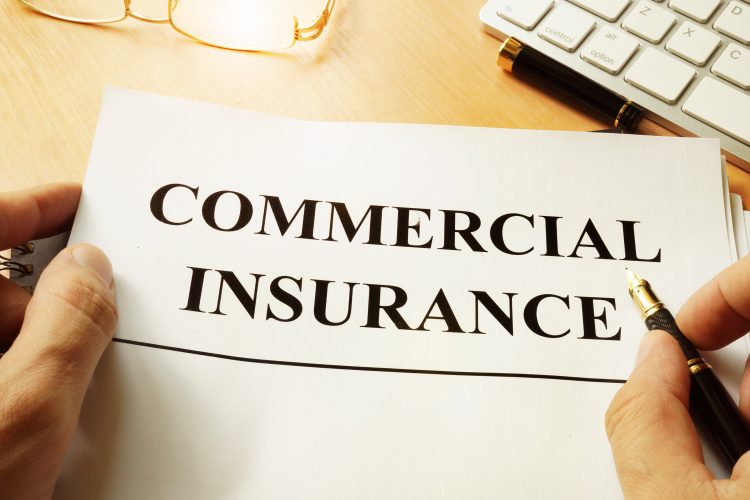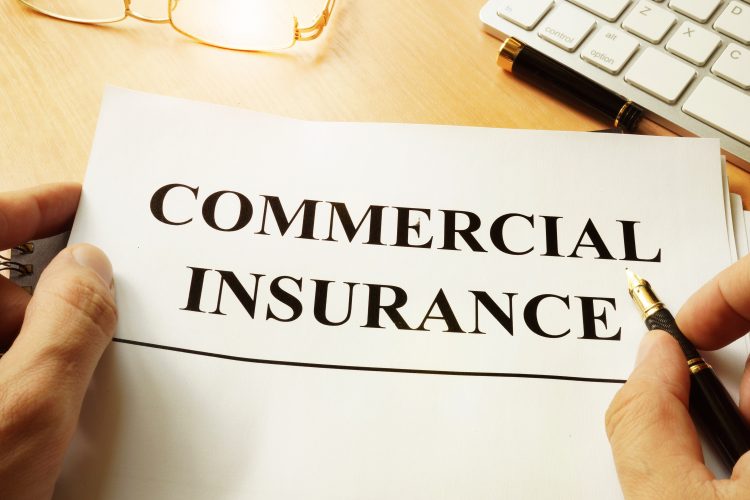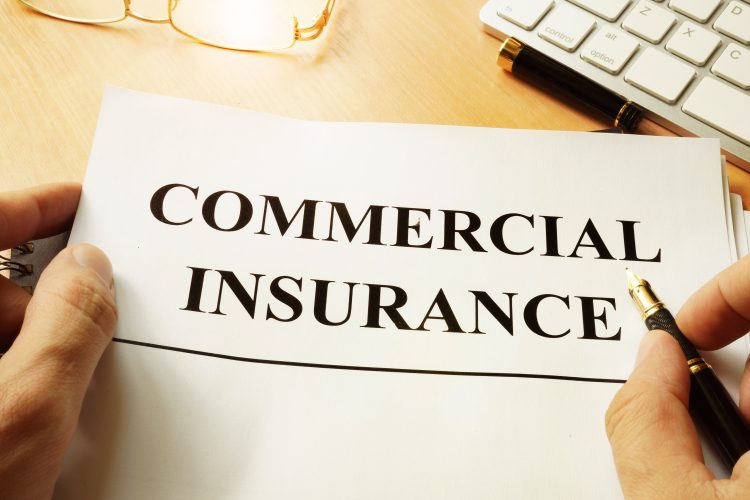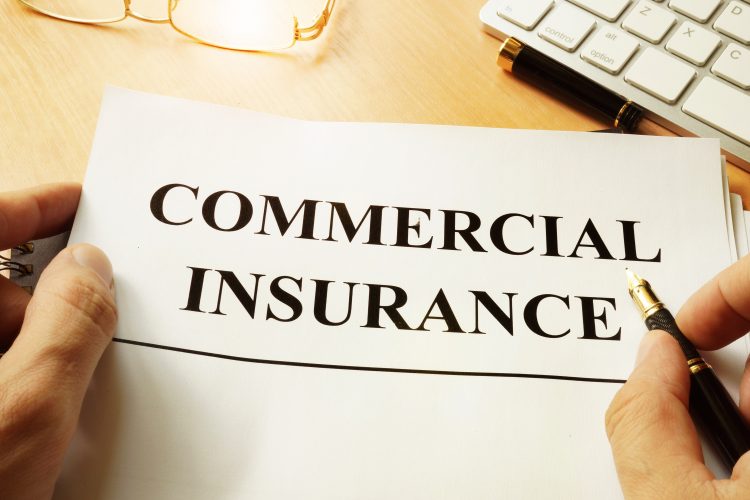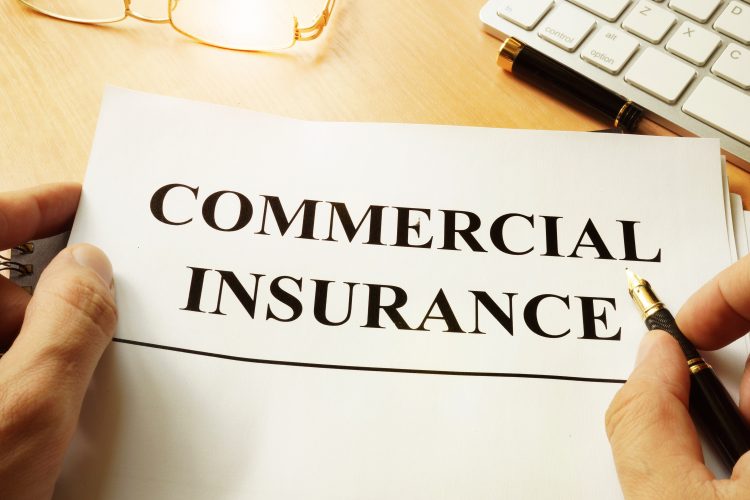Commercial Combined Insurance: Public Liability Protection
Essential coverage that protects your business from third-party claims and legal costs
What is Public Liability Protection in Commercial Combined Insurance?
Public liability protection is a fundamental component of commercial combined insurance that safeguards your business against claims made by third parties who suffer injury or property damage as a result of your business activities. This coverage forms part of a comprehensive insurance package that protects multiple aspects of your business operations.
Unlike standalone public liability insurance, when included in commercial combined policies, this protection works alongside other coverages such as employers' liability, professional indemnity, and property insurance to provide complete business protection under one policy.
Key Coverage Areas
Third-Party Injury Claims
- Customer injuries on your premises
- Accidents caused by your products or services
- Injuries to members of the public during business operations
- Slip, trip, and fall incidents
Property Damage Protection
- Damage to third-party property during service delivery
- Accidental damage to client premises
- Damage caused by defective products
- Environmental damage claims
Legal Defense Costs
- Solicitor fees and court costs
- Expert witness expenses
- Investigation costs
- Settlement negotiations
Real-World Claim Examples
Retail Business Scenario
A customer slips on a wet floor in your shop, breaking their wrist. They claim £15,000 for medical expenses, lost wages, and pain and suffering. Public liability protection covers the compensation payment plus £8,000 in legal fees.
Service Provider Scenario
During office cleaning, your employee accidentally damages a client's expensive computer equipment worth £5,000. The client also claims £2,000 for business interruption. Your public liability coverage handles both the property damage and consequential losses.
Manufacturing Business Scenario
A defective product you manufactured causes a fire at a customer's premises, resulting in £50,000 property damage. Public liability protection covers the repair costs and your legal defense expenses of £12,000.
Coverage Limits and Considerations
Standard Coverage Limits
- £1 million: Minimum for most small businesses
- £2 million: Common for medium-sized operations
- £5 million+: Required for high-risk industries
- £10 million+: Large businesses and contractors
Factors Affecting Coverage Needs
- Industry risk level and exposure
- Number of customers and public interaction
- Value of third-party property you work with
- Contractual requirements from clients
- Geographic scope of operations
Industries That Benefit Most
High Public Interaction Businesses
- Retail shops and restaurants
- Entertainment venues
- Fitness centers and gyms
- Beauty salons and spas
Service-Based Operations
- Cleaning and maintenance companies
- Construction and trades
- IT and technology services
- Consulting and professional services
Product-Based Businesses
- Manufacturers and suppliers
- Food and beverage producers
- Wholesale and distribution
- Import and export companies
What's Not Covered
Common Exclusions
- Intentional acts or criminal behavior
- Professional negligence (requires separate PI cover)
- Employee injuries (covered by employers' liability)
- Product recalls
- Pollution unless sudden and accidental
- Contractual liability beyond legal liability
Geographic Limitations
- Coverage typically limited to UK and EU
- Worldwide cover available for additional premium
- Specific exclusions for high-risk territories
Advantages of Combined Policy Coverage
Cost Efficiency
- Lower premiums than separate policies
- Reduced administrative costs
- Single renewal date and documentation
Comprehensive Protection
- No coverage gaps between different policies
- Coordinated claims handling
- Consistent policy terms and conditions
Simplified Management
- One insurer relationship to manage
- Single point of contact for claims
- Streamlined policy amendments
Selecting the Right Coverage Level
Risk Assessment Process
- Identify Exposures: Map all potential third-party risks
- Evaluate Severity: Consider worst-case scenarios
- Review Requirements: Check contractual obligations
- Consider Growth: Plan for business expansion
- Budget Analysis: Balance coverage with affordability
Professional Guidance Benefits
- Industry-specific risk knowledge
- Market comparison and competitive pricing
- Policy customization options
- Claims support and advocacy
Claims Process and Best Practices
Immediate Steps After an Incident
- Ensure safety and provide necessary assistance
- Document the scene with photos and witness statements
- Notify your insurer within 24-48 hours
- Preserve evidence and maintain detailed records
- Avoid admitting liability or making settlement offers
Prevention Strategies
- Regular risk assessments and safety audits
- Staff training on safety procedures
- Proper signage and hazard warnings
- Quality control processes for products/services
- Regular maintenance of premises and equipment
Cost Factors and Premium Considerations
Factors Affecting Premiums
- Business Type: Industry risk profile
- Coverage Limits: Higher limits increase premiums
- Claims History: Previous claims affect pricing
- Business Size: Turnover and employee numbers
- Location: Geographic risk factors
- Risk Management: Safety measures and certifications
Ways to Reduce Costs
- Implement comprehensive safety programs
- Choose appropriate policy excesses
- Bundle with other business insurances
- Maintain good claims history
- Regular policy reviews and market comparison
Legal Requirements and Compliance
Mandatory Coverage Situations
- Public events and exhibitions
- Government and local authority contracts
- Professional body requirements
- Lease agreements for commercial premises
- Supply chain and vendor requirements
Regulatory Considerations
- Health and Safety at Work Act compliance
- Consumer Protection Act implications
- Product Liability Directive requirements
- Occupiers' Liability Act obligations


 0330 127 2333
0330 127 2333
